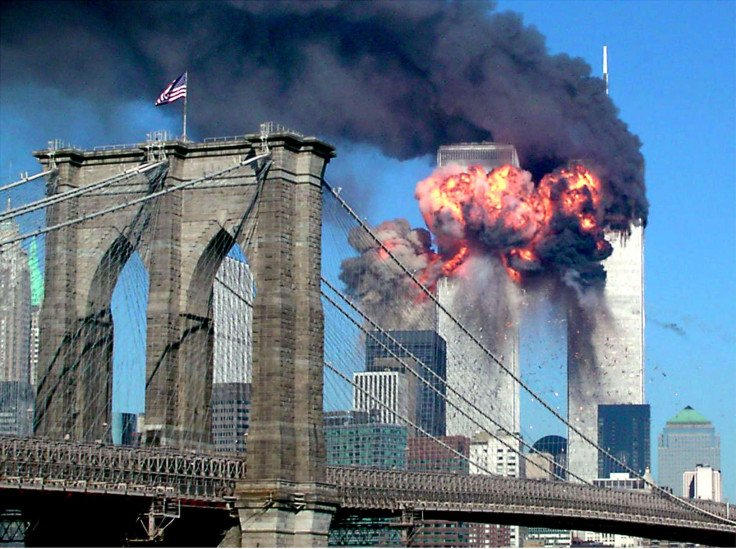Saudi-US Relations: Foreign Minister Adel Al-Jubeir Admits To Lobbying US Government Over 9/11 Law

Saudi Arabia is attempting to lobby the U.S. government to bring about changes to Justice Against Sponsors of Terrorism Act (JASTA), the controversial law passed on Sept. 28, 2016, which allows victims of the 9/11 terrorist attacks to sue the country.
Saudi Foreign Minister Adel al-Jubeir confirmed to reporters Sunday upon his return from an extended trip to the U.S. over the weekend that he attempted “to persuade [U.S. lawmakers] that there needs to be an amendment of the law.”
The 9/11 attacks that killed nearly 3,000 people were carried out by 19 al Qaeda hijackers, 15 of whom were Saudi. However, Riyadh has consistently denied any ties to the plotters.
JASTA, otherwise known as House Resolution 3815, is considered to open the Pandora's Box in international law as it is an exception to the sovereign immunity law of 1976 that negates the possibility of suing a sovereign nation (or its political subdivisions, agencies, or instrumentalities) in U.S. courts — federal or state.
After clearing the Senate vote and also winning approval by the House of Representatives, Congress made the JASTA bill into law in September despite President Barack Obama’s veto of JASTA. Along with Obama, several other senior politicians, bureaucrats and political commentators and foreign governments had stated their apprehensions regarding the potential dangers of JASTA.
Their contention was that it dilutes sovereign immunity — one of the founding principles of international law — and may open legal avenues for citizens of foreign governments to take the U.S. to court over its military actions. Drone strikes or other inadvertent and unintended consequences of military action undertaken by the United States that resulted in civilian casualties would be grounds for expensive potential lawsuits.
“The United States is, by eroding this principle, opening the door for other countries to take similar steps and then before you know it international order becomes governed by the law of the jungle .. The question now becomes how do you go about amending the law,” Jubeir reportedly said, echoing the same sentiment.
"We believe the law, that curtails sovereign immunities, represents a grave danger to the international system,” Jubeir said at a joint press conference with visiting U.S. Secretary of State John Kerry whose visit was focused on the war in Yemen, Agence France-Presse reported.
In October, after a meeting with the Saudi foreign minister, Kerry said that they had talked about ways to "fix" the JASTA.
Media reports had claimed after the passing of JASTA that Saudi Arabia could pull out as much as $116.8 billion of its money from the U.S. economy by selling its treasury securities and other assets. However, Jubeir denied this when confronted with a question regarding this on Sunday.
“[The Kingdom] has tremendous investments in the United States and we review those investments on a regular basis. There are issues associated with risk, but our objective is to increase those investments. We won’t decrease them,” he said, according to Reuters.
© Copyright IBTimes 2025. All rights reserved.






















